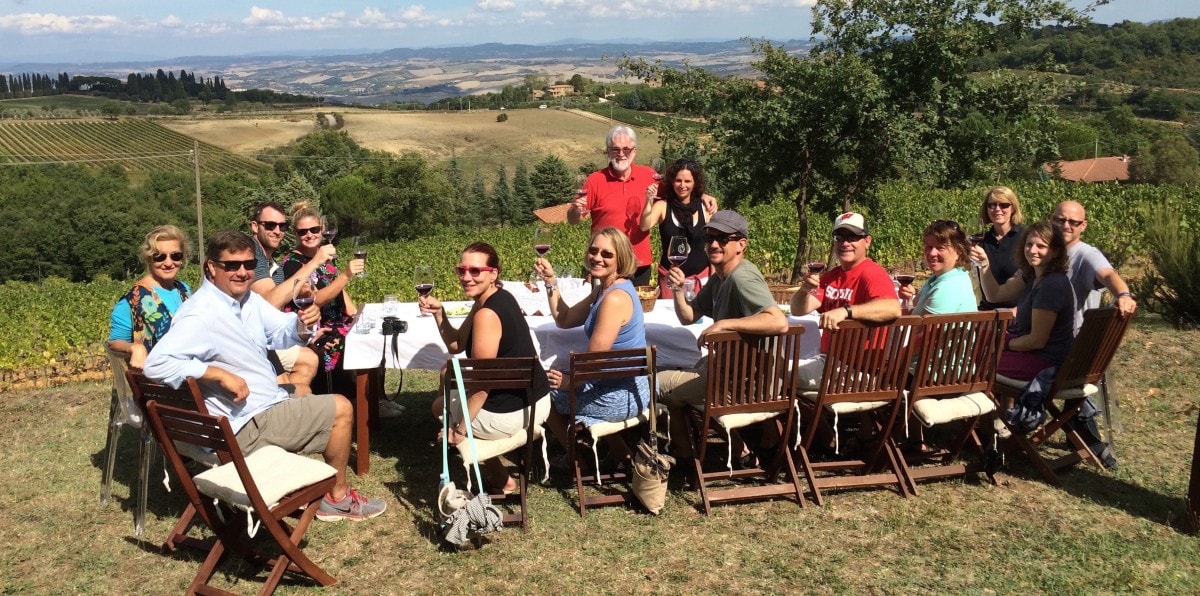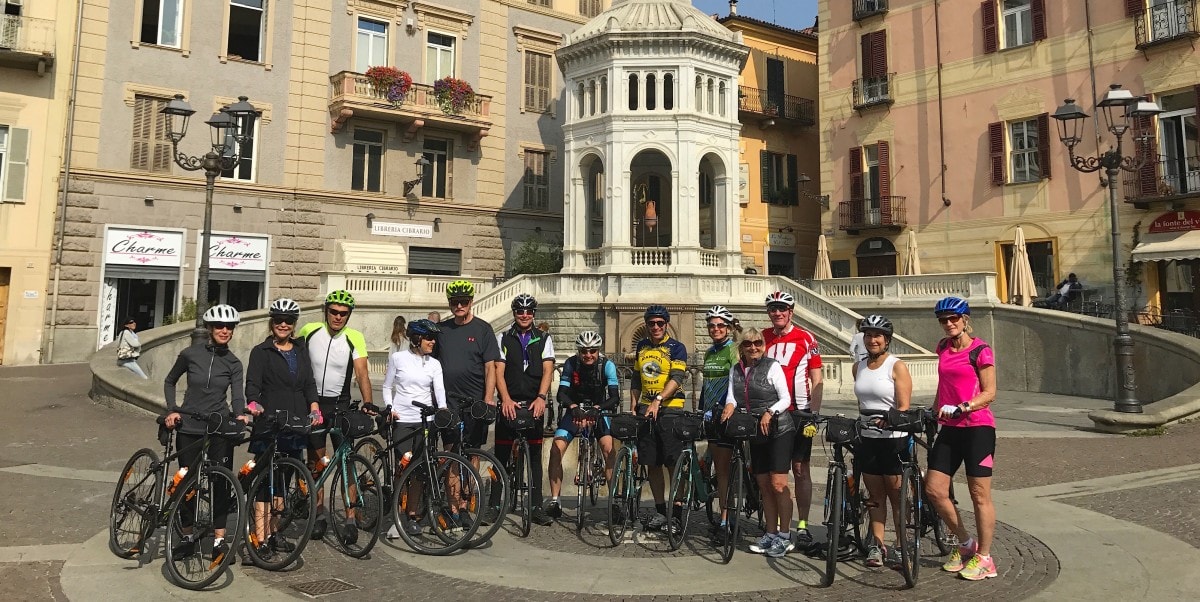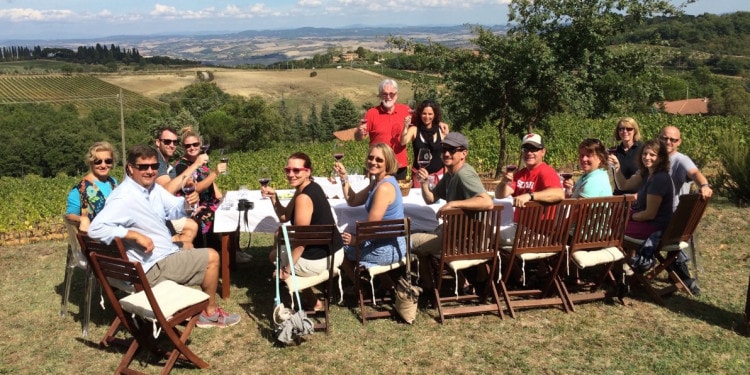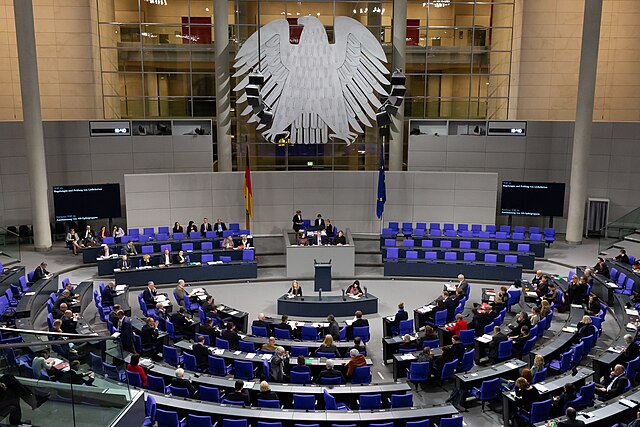The challenges of an individualistic and consumerist culture may be most transparent when we take a holiday and truly unplug. We are losing biodiversity and a bedrock of culture when we decide to go to a destination on holiday only to disregard its personality and history and isolate ourselves in a hotel resort.
An ideal scenario would see the money from visiting tourists poured back into the lives of the locals, who perform a function for their immediate society and often have done so through generations of families. To lose local businesses due to the popularity of a hotel chain is not a sustainable mentality, and only ends up marginalising those who have put the most value in their local environment and society.
Cristiano Bonino is a man who understands the importance of nurturing and supporting local businesses whilst abroad. He has set up a business called Food.Stories.Travel which provides holiday tours, letting you fully explore inner Italy and its secrets. I spoke to Cristiano to further understand the mindset behind sustainable holiday making.

In the photo: Wine tasting in Montalcino Credit: Food.Stories.Travel
Q: How did Food.Stories.Travel begin?
CB: I am Italian originally. Seven years ago, I moved to the United States.
I was a financial planner in Italy, which meant managing family savings which I did for 15 years. A large part of the job, or something that I learnt was how to be compassionate to customers, treating their money as if it were mine.
At 31 I was following one of the stages of the Gio d’Italia, where I met a group of American travellers on a guided cycle. They were being taught about the local area in a tour of some sort.
I submitted my resume to the company that was doing these tours and to my luck I was hired. I worked for the company for ten years, giving me the opportunity to build my skill set, involving speaking English and understanding the full range of what Italy has to offer; food, wine and culture.
In leaving the company in 2013 I started my own: Food.Stories.Travel, the three words that mattered to me the most and the main components to my business.
Q: What is the basis for Food.Stories.Travel’s success and individuality?
CB: I had developed a passion and expertise in digging out stories from the areas where I would conduct my tours. In the form of food, it may be recipes that are the story, many of them hold history and culture.
Another type of story would be on a person of prominent interest from the area we are touring, such as Gino Bartali, the champion road cyclist who saved many Jewish lives during World War Two.
He saved 700 Jews by risking his life, in carrying fake documents in the tubing of his bicycle past many Nazi checkpoints whilst they believed he was training.
These stories are inspiring to me, and something that I wish to keep alive through my tours.
I work with small groups, usually from six to ten people, who are often families travelling together. I expose them to a full cultural immersion which is an educational journey.
My tours are in the mould of my belief about sustainability, that we are going to achieve our goals by scaling down not up. It is about supporting the small food producers who maintain an incentive to satisfy their customers by adhering to sustainable modes of production.
Francesco, a cheese maker, has been making his grandfather’s cheese since he was 14. He is an excellent example of a small-scale producer, who really makes a difference in the area he lives. I use him as an example on my tours to show that success is not measured by the money one makes, but rather the whole package of happiness and making a positive difference however small it may be. In Francesco’s case, he serves his immediate community in a sustainable manner, so I feel it is my duty to tell his story and share his experience, so others can make a similar impact; it is not about one person having a great idea and capitalising on it purely by themselves.

In the photo: Cycling to Acqui terme in Piedmont Credit: Food.Stories.Travel
Q: Can you explain “AgriTurismo” to me – literally, agricultural tourism. Is it a new phenomenon?
CB: Agriturismo began in Italy in the early 80’s. The local farmers realised that they couldn’t make a reasonable income by farming alone and opened their farms to tourists. There are now over 20,000 agriturismo locations in Italy. They have really provided windows into Italian culture, a way of living off very little but with great joy.
I have been able to combine my business with a lot of these locations, and they have been really successful. I think it is a phenomenon that is starting to take hold in other countries too. The UK is starting to restructure the way it prioritises its countryside, and by making such structures available to tourists you are often able to preserve the natural beauty.
Related article: “CHATEAU MARIS, A WINERY THAT SAVES THE PLANET” by CINANTYAN PRAPATTI
Q: When you are back in the U.S.A do you find that individuals who have come back from a holiday tend to speak about how relaxing their holiday was, or do they speak more about the cultural experience they had?
CB: After 110 tours and seeing almost 2000 people, I can tell you that the people I work with tend to emphasise the aspect of immersing one’s self into the complete cultural package. What people really appreciate is the fact that they can enjoy the hidden corners of Italy with the locals. They can do something that they otherwise wouldn’t be able to do by themselves.
However, the component of relaxing, such as being on the beach, is important for holiday goers as well. But let’s be honest, if you are going on holiday for that reason, you are likely to end up in a resort, where you will only get outside the complex when you arrive and when you leave.
The people who wish to go off the beaten track really prefer take to take the tours I provide. That kind of holiday is about being open to new things; be honest with yourself, if you need the week of relaxation without disturbance, that is fine.
I know lots of people at home that want to unplug when they go on holiday because their working lives are so stressful.

In the photo: Cristiano with Chef Angelo, from an FST tour Credit: Food.Stories.Travel
Q: How do you invest in a community when you do your tours, how does your business support the areas that bring you benefit?
CB: I have been certified as a B-corp since 2014. I am a for profit company, so I don’t hide my desire to want to make a living out of a job I love doing. As any business does, I have to look after my stakeholders. In my case this is the environment, my customers, my suppliers and employees.
My whole philosophy, the beliefs I am committed too, is to support the little man, in all cases, whether it be in accommodation for my guests or cheese makers on my tours. I don’t work with large hotels that have 100 plus rooms because that is not the point of my business.
You can see on my website the organisations and companies I support in Italy and you’ll see what I stand for.
Editors Note: The opinions expressed here by Impakter.com columnists are their own, not those of Impakter.com














